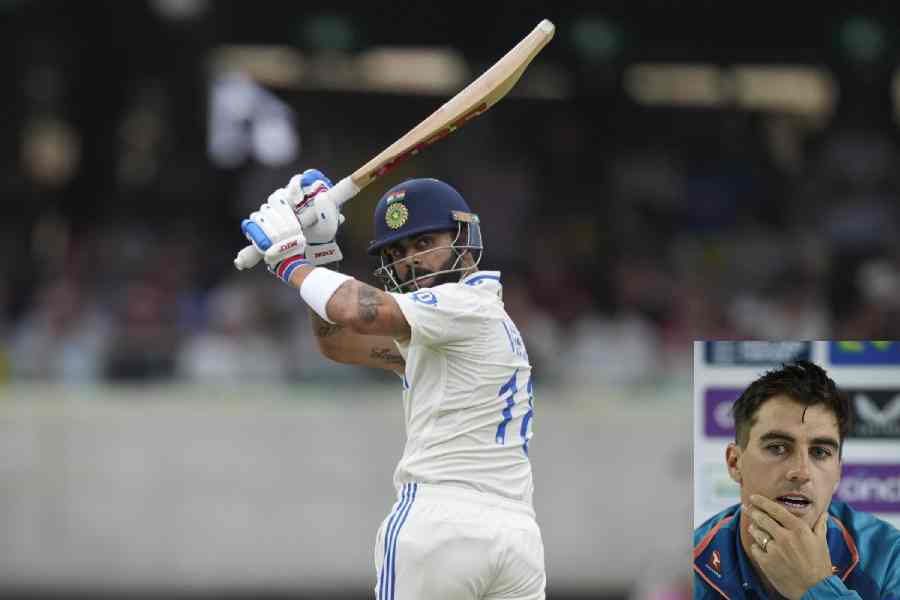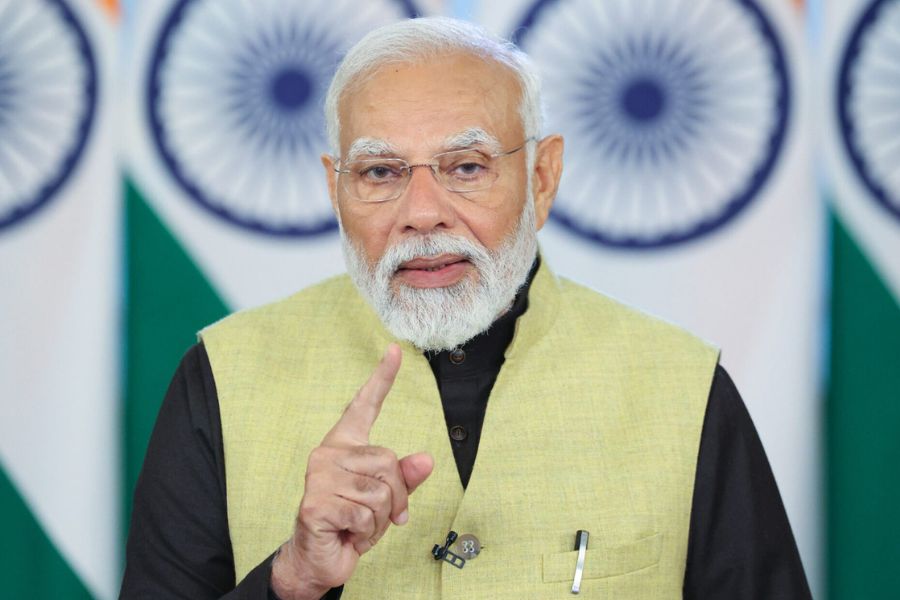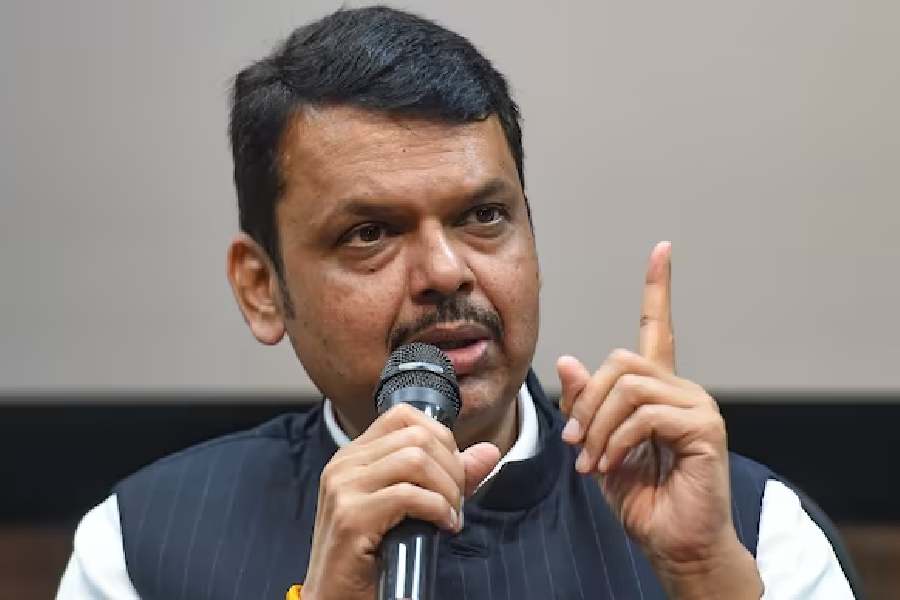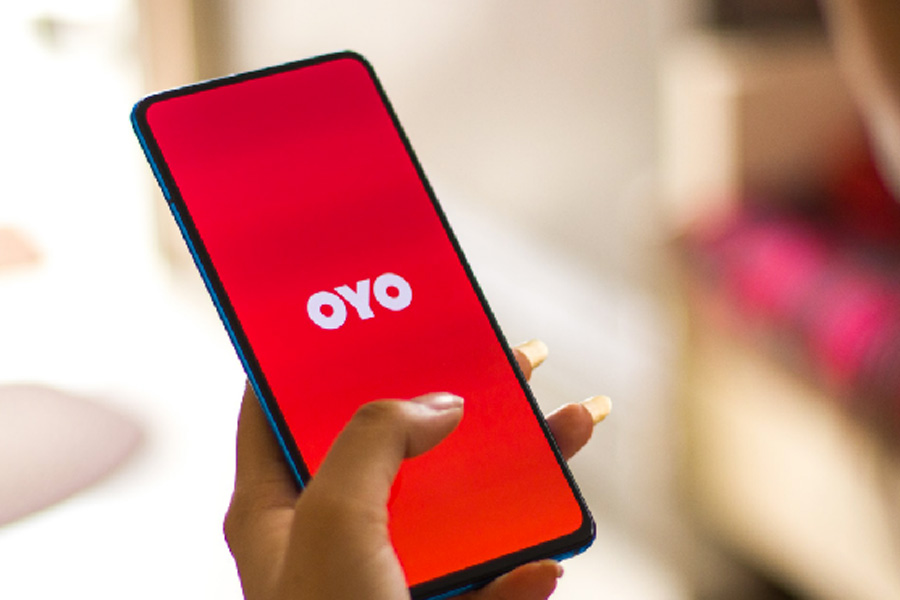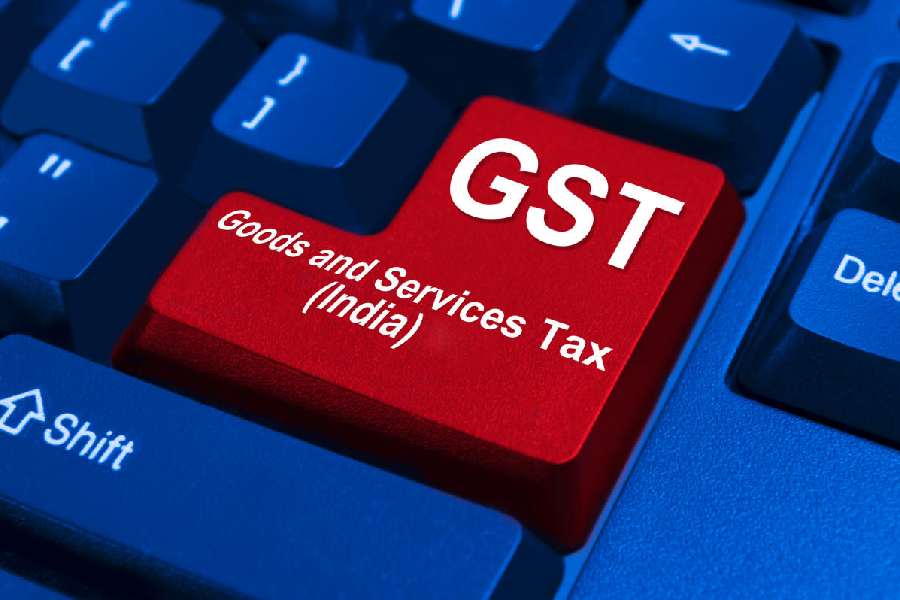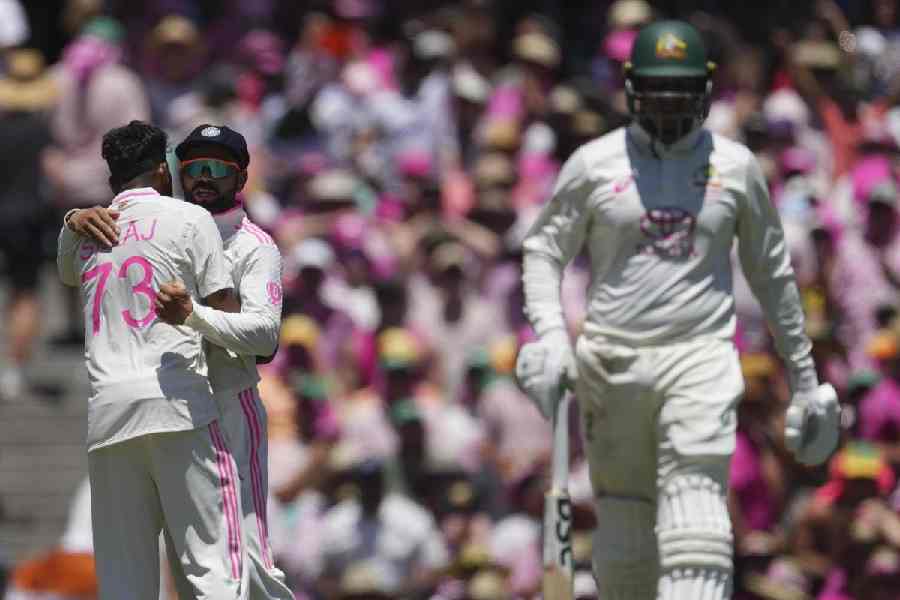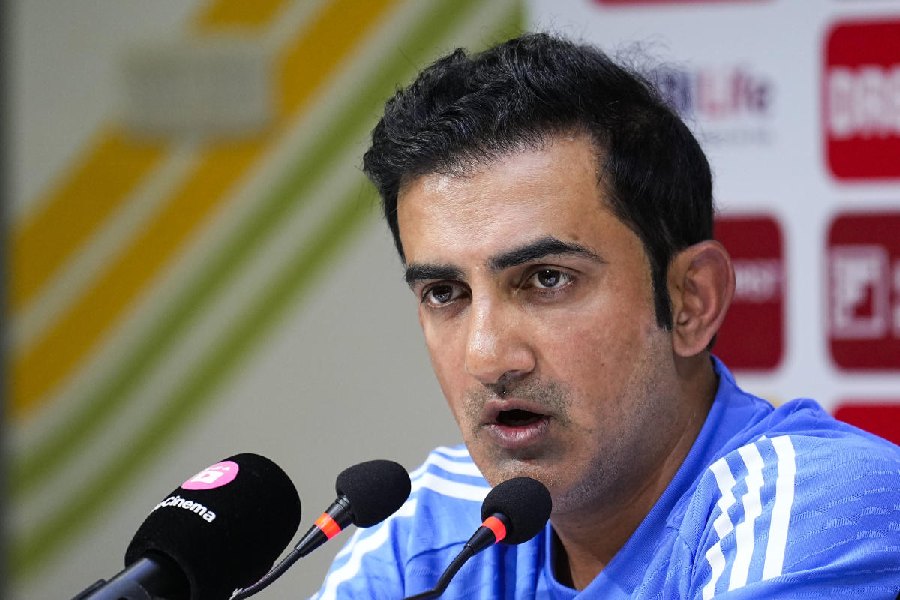Bangladeshis who have come to Calcutta for treatment said they had not faced any problem finding accommodation or receiving treatment in the city.
A Hindu family from Bangladesh said they counted on their Muslim neighbours who promised to protect them from attackers.
A Bangladeshi youth said many in that country wanted to come to India for treatment but were afraid because of rumours that hotels were reluctant to rent rooms to Bangladeshis following reports of attacks on religious minorities there since the ouster of Prime Minister Sheikh Hasina.
However, Umar Faruq Sakib had no trouble getting a room for him and his uncle in Calcutta. They have told family and friends that Calcutta has been very receptive to them.
Many Bangladeshis this newspaper spoke to said speculations about how they would be received across the border are prompting them to avoid visiting India.
Several hospitals in Calcutta used to treat a substantial number of Bangladeshi patients till early August. The numbers started dipping after the fall of the Hasina government.
A renewed unrest there from December has resulted in a further drop in numbers.
“This is my fourth visit to Calcutta this year with my uncle. My third visit was in October. I again came on December 17. I have had no problems finding a hotel. I have not noticed any change in the behaviour or attitude of Calcuttans towards us. It is the same as it was before,” Sakib, a resident of the Chittagong division, told this newspaper in the last week of December.
Sakib and uncle Mohammad Forkan, who is suffering from kidney ailments, had checked into a central Calcutta hotel. The uncle was later admitted to a hospital in the city.
“Many in Bangladesh are waiting to come to Calcutta for treatment but they are avoiding a visit because of fears that do not seem to have any basis. A rumour has spread there that Bangladeshis are not being allowed to check into hotels in Calcutta.
People are worried how they will get their dear ones treated if they cannot hire a place to stay. But the rumour is not true, I can vouch for it,” Sakib said.
“I do not feel there is any animosity between the common people of both countries. Anyone from India can visit Bangladesh. Common people in Bangladesh will be pleased to see them.”
Ajoy Kumar Saha, 36, and Sraboni Saha, 24, from Magura district in the Khulna
division, echoed Sakib. The Sahas said their neighbourhood has remained peaceful thus far.
“Some of our Muslim neighbours assured us that they will not allow any attack on Hindus in the area. Hindus are being attacked in some places in Bangladesh but not everywhere,” the husband said.
The couple have come to discuss with a doctor at a private hospital the treatment for an ailment the husband’s father has been suffering from.
Hospital officials said the number of Bangladeshi patients is still very low. “The numbers are still very low. We are not expecting any marked improvement immediately. The hospitals cannot do anything other than wait for the situation to become normal,” said Rupak Barua, the president of the Association of Hospitals of Eastern India.
Sudipta Mitra, the chief executive of Peerless Hospital, said about 55 Bangladeshi nationals visited the OPD daily on average over the last few days.
“No Bangladeshi patient is admitted in the hospital. When the situation was normal, about 150 patients from Bangladesh would visit the OPD daily. At any point in time, we would have about 10 patients from Bangladesh admitted in our hospital,” said Mitra.
He expressed the hope that the flow of patients from Bangladesh would gradually increase but the numbers before the ouster of Hasina were unlikely to return anytime soon.
“I don’t see the possibility of 150 Bangladeshi patients in our OPD in the immediate future,” he said.


